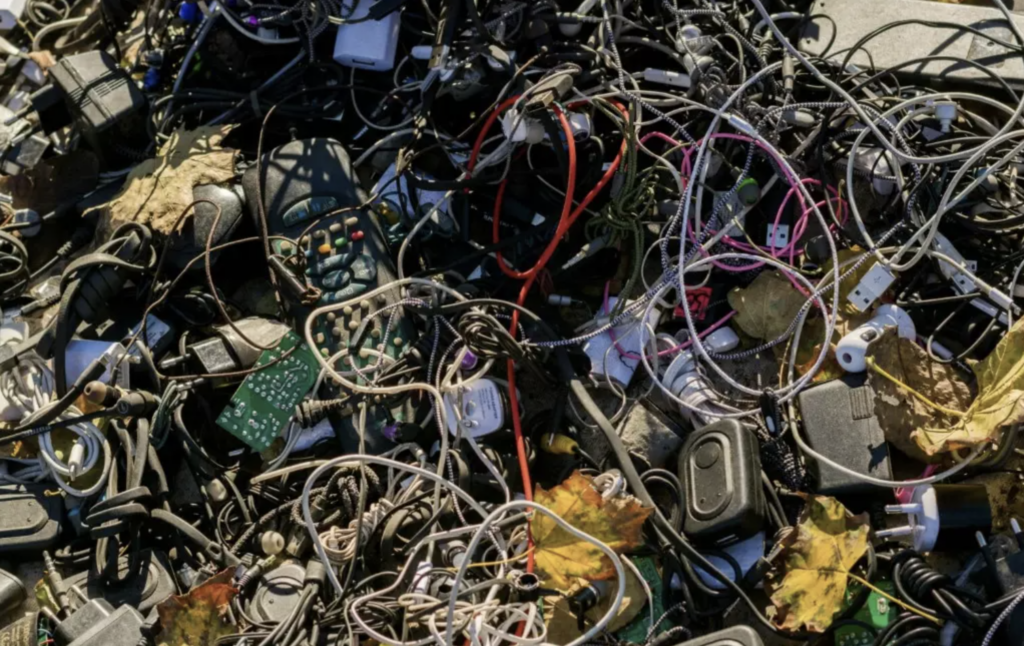South Korea’s LG and Samsung have taken legal action against India’s government, challenging new regulations that increase mandatory payments to e-waste recyclers. These changes, aimed at improving recycling rates, are part of India’s broader environmental reform — but companies argue the costs are too high and unfairly placed on them.

Legal Battle Escalates Tensions
The lawsuits, filed in Delhi High Court, will be heard alongside similar cases from Daikin, Tata’s Voltas, Havells, and Blue Star. The growing number of legal challenges reflects the pressure multinational and Indian brands are facing under Prime Minister Narendra Modi’s push to formalize India’s e-waste recycling industry.
E-Waste in India: A Growing Problem
India ranks third globally in e-waste generation after China and the United States. Yet, official recycling rates remain low — just 43% according to government data — and most recycling is handled by informal scrap dealers. To address this, New Delhi introduced a minimum payment of ₹22 per kilogram to recyclers, hoping to attract formal sector investment.
Companies Say Costs Are Too High
Samsung and LG argue that the policy unfairly increases financial burden. LG’s 550-page filing stated that taxing companies in the name of the “polluter pays principle” without fixing the informal sector’s issues would not solve the problem. Samsung’s 345-page filing echoed similar concerns, saying the rule could cause “substantial financial impact” and fails to meet environmental goals.
Debate Over Pricing and Market Forces
Both firms had previously urged the government to reconsider the pricing mechanism. LG claimed the new payout rates were “very high,” while Samsung said the costs were “5–15 times higher” than current market rates. The companies argue that prices should be set by market forces, not mandates.
Mixed Industry Reactions
While most companies are challenging the new rules, Johnson Controls-Hitachi has withdrawn its case without offering a reason. The industry remains divided as India pushes for stricter enforcement of environmental responsibilities in electronics manufacturing.
Looking Ahead
The outcome of these legal battles could shape the future of e-waste regulation in India and set a precedent for balancing environmental goals with business sustainability in one of the world’s largest consumer electronics markets.
The post LG, Samsung Drag Govt To Court Over E-Waste Pricing Policy appeared first on Trak.in - Indian Business of Tech, Mobile & Startups.